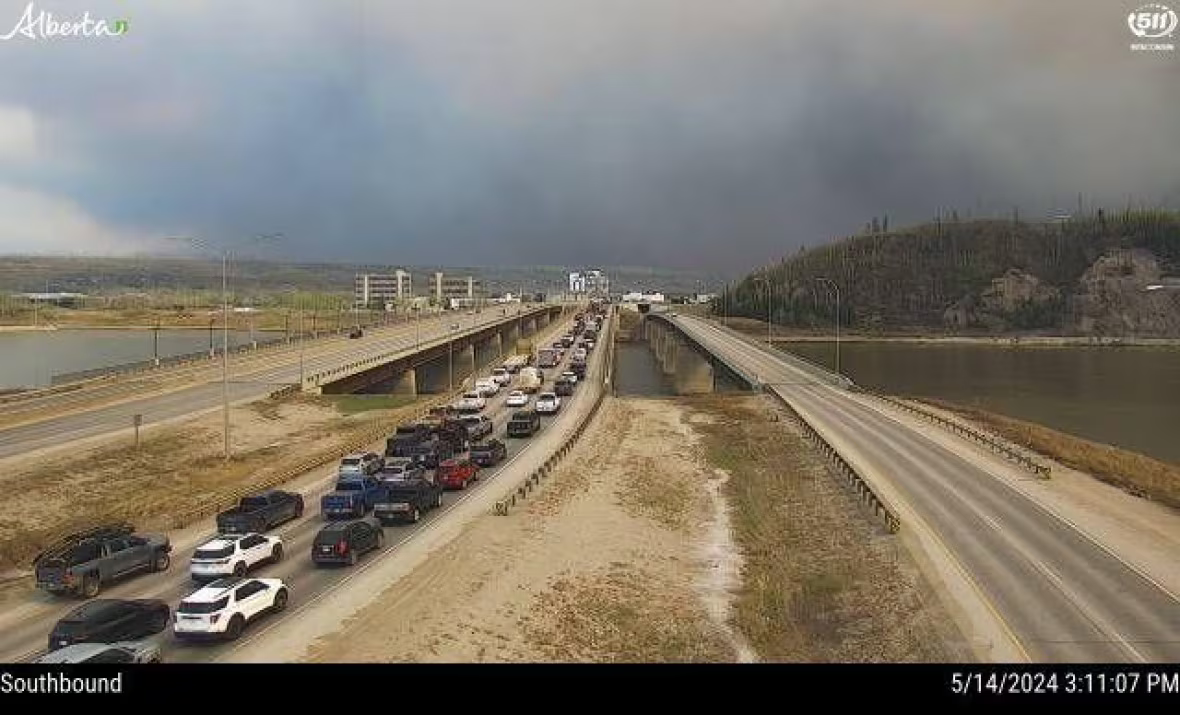this post was submitted on 15 May 2024
53 points (75.7% liked)
Fuck Cars
950 readers
39 users here now
Your hub for collection of materials that contribute to a world with less car ownership. Including buses, motorcycles, bicycles, skateboards, longboards, scooters, hoverboards, e-scooters, pedestrians, walking, running
Community can decide if: truck have a place here.
founded 2 years ago
MODERATORS
you are viewing a single comment's thread
view the rest of the comments
view the rest of the comments

This sub is absolutely nuts if it thinks mass transit, cycling or walking is going to be a more practical option for evacuation.
How is mass transit not more practical? You get hundreds of people on a single train, get them to a safe spot, and support the population with last-mile transit.
You can route as many extra trains as possible to go back and forth, getting way more people through.
OP's photo has fewer people in just that pic than could fit on a train, and yet they're all going to be sitting in traffic for hours, endangering everyone.
I think the problem is sending the trains back in. Depending on the reason for the evacuation it could be prohibitively dangerous. And then there are people waiting for the train to come back.
I don't know what the solution is.
Possibly, but with the right planning, 5 trains within 30 minutes can get a few thousand people out.
This is assuming there's actually a decent railway system built.
It's very dependent in what city needs to be evacuated. I've lived in Ft McMurray, the city in this picture and its remote. It's almost 500km from Edmonton, the next nearest big city, where most of these people will be evacuated to. Even if there was passenger rail service up to there each round trip would be over 10 hours. Evacuating almost 70k people by rail would not be feasible in this situation, not that it wouldn't be a good option during an emergency in less remote city.
Cars take the most amount of space to transport the least amount of people. There are extremely densely populated cities all over the world that routinely move people in from hundreds of kilometres away every day for work. A single Japanese Shinkansen train can move 15,640,000 people per day and operate up to 500km/h. But even busses would suffice as the infographic below shows.
Trains have limited maneuverability, especially if the fire jumps ahead. At least in a car, you can choose to turn off onto a different route.